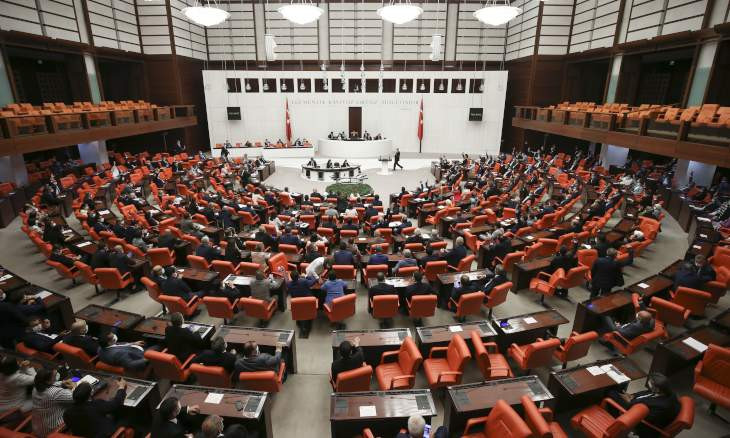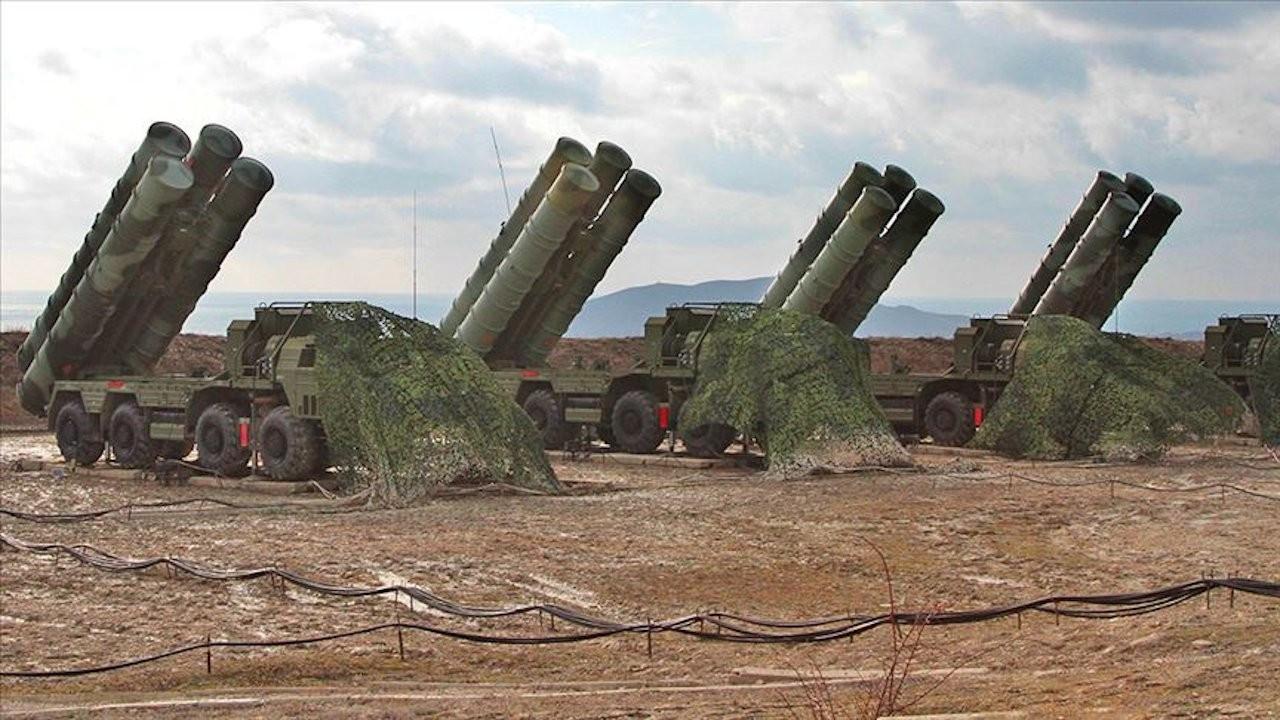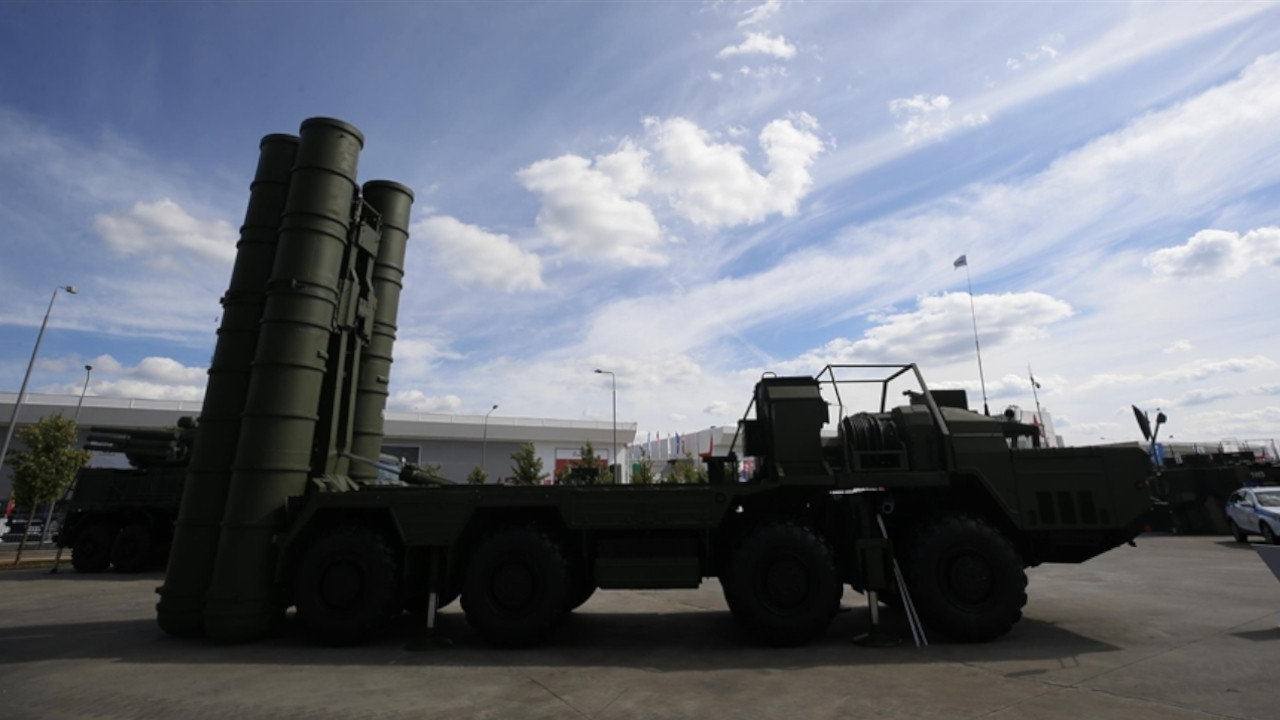Turkish defense minister declares values of Ankara-Washington alliance ‘shaken’ by US sanctions
Turkish Defense Minister Hulusi Akar said on Dec. 15 that U.S. sanctions over Ankara’s purchase of the Russian S-400 air defense system had shaken all values in their alliance and he called for renewed cooperation between the NATO allies.
Duvar English
The U.S. decision to impose sanctions on Turkey has deeply shaken alliance values between the two countries, said the country’s defense minister on Dec. 15, denouncing the move.
“This sanctions decision has shaken all values in our countries’ alliance. But, works to maintain defense and security of our country and noble nation will be continued with determination,” Akar said in a statement.
“Returning to cooperation and solidarity with the U.S., which has been our ally since the Korean War, on regional and global defense and security issues within the framework of the current military and political situation will also contribute to regional and global peace and security,” he said.
MSB HULUSİ AKAR: Bu yaptırım kararı ülkelerimiz arasındaki ittifakın tüm değerlerini sarsmıştır. Ancak ülkemizin ve asil milletimizin savunma ve güvenliğini sağlamaya yönelik çalışmalara azim ve kararlılıkla devam edilecektir.#MSB #HulusiAkar
— T.C. Millî Savunma Bakanlığı (@tcsavunma) December 15, 2020
On Dec. 14, the U.S. imposed long-anticipated sanctions on Turkey over Ankara's acquisition of Russian S-400 air defense systems, further complicating already strained ties between the two NATO allies.
Senior U.S. officials said in a call with reporters that Ankara's purchase of the S-400s and its refusal to reverse its decision, despite repeated pleas from Washington, left the United States with no other choice.
The sanctions target the Turkish Presidency of Defense Industries (SSB), its chairman İsmail Demir and three other employees.
Gönül Tol, head of the Turkey Program at the US-based Middle East Institute, told Duvar English that U.S. sanctions of Dec. 14 "were a long time coming" and the U.S. move reiterated the fact that "Washington is bigger than Donald Trump."
"Turkey chose to put all its eggs in Trump’s basket and ignored the Congress but sustained pressure from a bipartisan group of U.S. lawmakers, who have grown increasingly frustrated with [Turkish President Recep Tayyip] Erdoğan, pushed his hand. Now the ball is in Erdoğan’s court," she said.
Meanwhile, Turkish Foreign Minister Mevlüt Çavuşoğlu and U.S. Secretary of State Mike Pompeo discussed the sanctions decision in a phone call on Dec. 15, the Turkish Foreign Ministry said.
Çavuşoğlu "conveyed our reaction to the decision by the United States," the ministry said.

 Turkish parliament releases joint declaration, calls on US to revoke sanctionsPolitics
Turkish parliament releases joint declaration, calls on US to revoke sanctionsPolitics Sanctioned Turkish defense body head doesn't expect sanctions to affect US-Turkey relations 'too much'Diplomacy
Sanctioned Turkish defense body head doesn't expect sanctions to affect US-Turkey relations 'too much'Diplomacy US imposes CAATSA sanctions on Turkey over Russian S-400sDiplomacy
US imposes CAATSA sanctions on Turkey over Russian S-400sDiplomacy